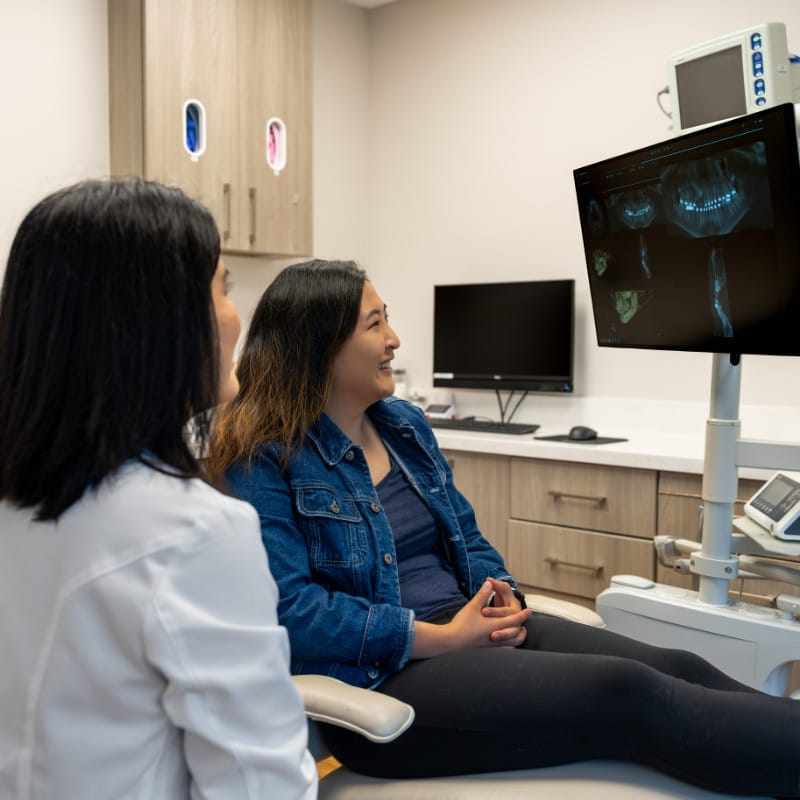
Wisdom Teeth Removal, commonly called wisdom tooth extraction, is a frequent dental treatment. Due to their misalignment or lack of space, these third molars frequently cause pain and dental problems as they erupt in the late teens to early twenties. In this post, we examine the operation, the healing period, and the critical factors related to wisdom teeth removal in depth.
What is Wisdom Teeth Removal?
Wisdom teeth are the final pair of molars that erupt in the rear of your mouth. While some people may develop without any issues, others may run into issues like impacted wisdom teeth, which cannot fully erupt because of a lack of room. This may result in discomfort, an infection, inflamed gums, and harm to the teeth next to it. These problems necessitate Wisdom Teeth Removal.
When is it necessary to remove wisdom teeth?
If you have discomfort, an infection, or swelling at the back of your mouth, your dentist or oral surgeon may suggest removing your wisdom teeth. A wisdom tooth's location and whether it has to be removed are frequently determined via X-rays. As a further precaution against potential concerns in the future, prophylactic removal may be suggested even before issues manifest.
What steps are included in the process?
This Wisdom Teeth Removal often occurs at a dentist or oral surgery facility. Local, sedative, or general anesthesia may be administered to ensure your comfort throughout the procedure. The tooth and bone are then accessible through a gum tissue incision by the oral surgeon or dentist. The tooth may be split into pieces in some circumstances to facilitate removal. The incision is then sewn shut.
What to anticipate when recovering?
There is some soreness and edema following wisdom tooth Extractions. Your dentist may prescribe painkillers to aid with this. Additionally, you might be told to stay away from strenuous exercise for a few days and eat soft meals. Although maintaining good dental hygiene is essential, you should be cautious near the surgery site. Usually, swelling and soreness go away within a week or so.
Important Aftercare Tips
Adhering to your dentist's aftercare recommendations is the key to a speedy recovery. Using warm salt water to rinse your mouth gently will help prevent infection, as will practicing good dental hygiene. Avoid using straws and smoking since these behaviors may disrupt the blood clot formed at the wisdom tooth extraction site, which can result in the excruciating condition known as dry socket.
Conclusion
Removing wisdom teeth is a proactive move towards preserving excellent dental health. This technique can offer comfort and avert more issues, whether coping with current problems or looking for preventative measures. Always seek the advice of a dental expert to decide what steps to take in your particular circumstance.





Write a comment ...